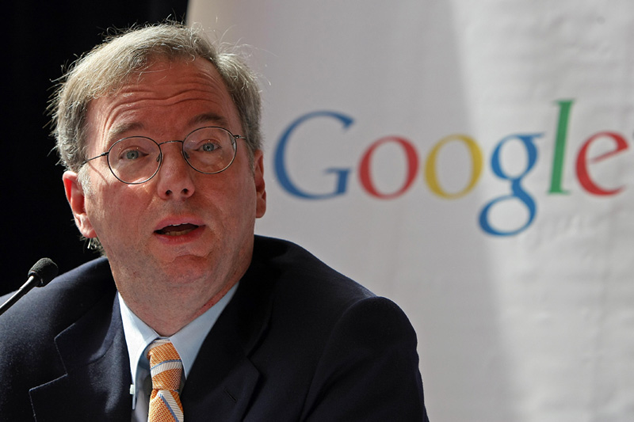One can always rely on Eric Schmidt to give you some interesting tidbits of info about life at Google. The former CEO and current executive chairman of Google speaks with a frank, casual demeanor that’s almost unheard of from high-level executives at big companies like Google, and his comments are often a refreshing break from the PR speak we usually hear. A recent interview Schmidt did with the Wall Street Journal is no exception to that rule; they talk a bit about Google’s relationship with Apple, and a bit about patents in general, all with a surprising degree of transparency.

When asked whether Apple and Google had any sort of ongoing patent settlement talks going on, Schmidt replied:
Apple and Google are well aware of the legal strategies of each other. Part of the conversations that are going on all the time is to talk about them.
It’s extremely curious that Apple has chosen to sue Google’s partners and not Google itself.
While that last line sounds a bit like a taunt aimed in Apple’s direction, Schmidt says it’s not so. He says that the two companies talk frequently, about all sorts of things, and that Tim Cook and Larry Page even meet with each other sometimes. Despite the removal of Google Maps and YouTube from the latest version of iOS, a relationship between the two rivals still exists.
Schmidt also talked a bit about the ongoing patent war in general, and made an astute point about who the real victims are:
Google is doing fine. Apple is doing fine. Let me tell you the loser here.
There’s a young [Android co-founder] Andy Rubin trying to form a new version of Danger [the smartphone company Mr. Rubin co-founded before Android]. How is he or she going to be able to get the patent coverage necessary to offer version one of their product? That’s the real consequence of this.
He isn’t wrong. All of the big companies involved in these suits can afford a near-infinite supply of lawyers, and the constant legal battles between them are of very little consequence to their overall business plan. On the other hand, all the little start-ups – who can’t launch their products because everything under the sun is covered by some ridiculously broad Apple patent – are the real losers in all this.